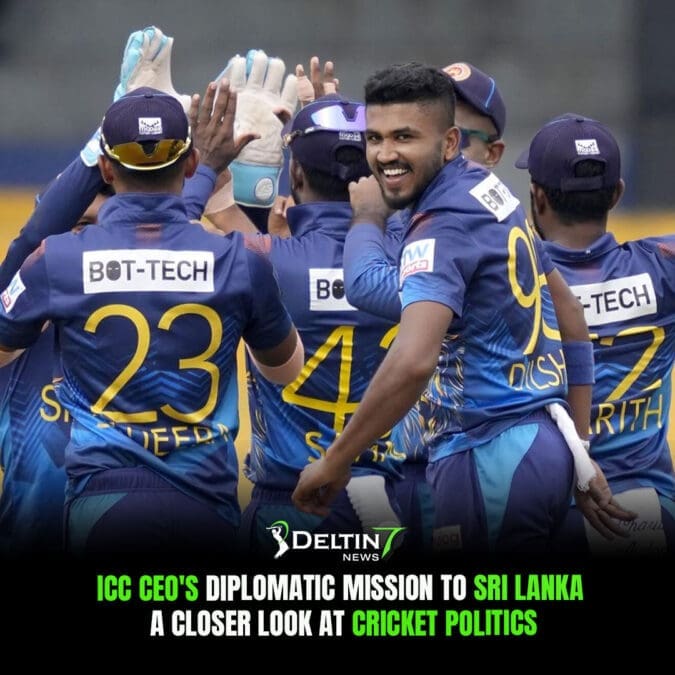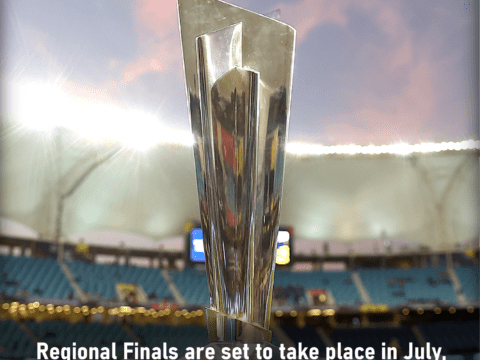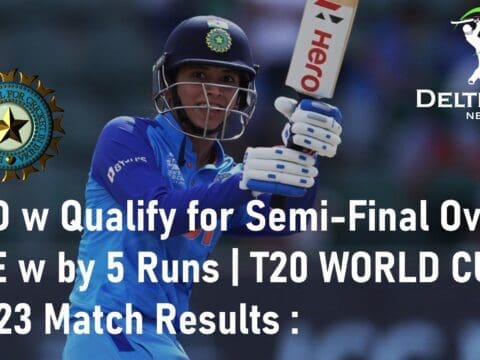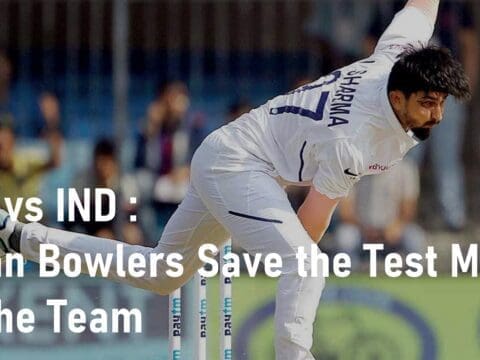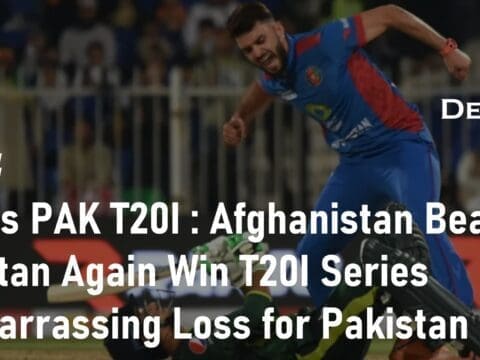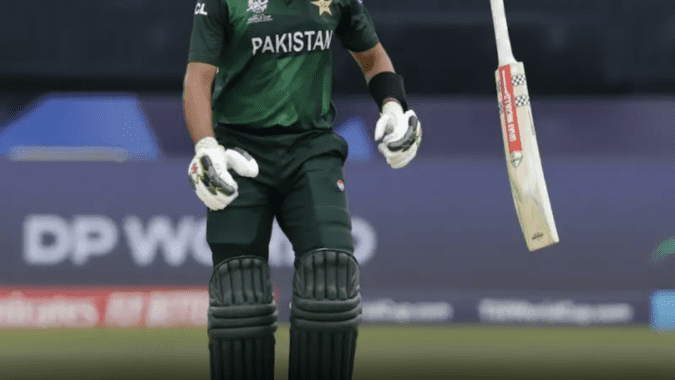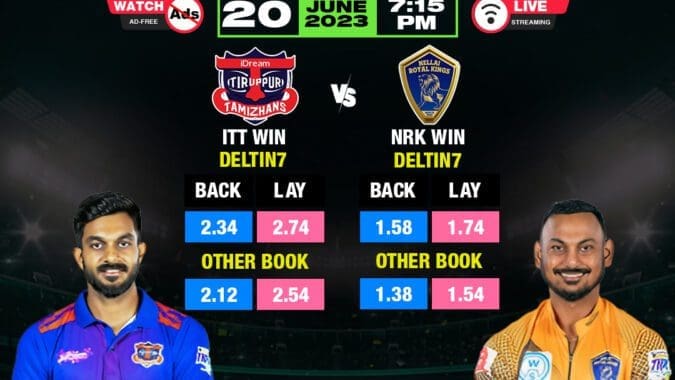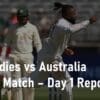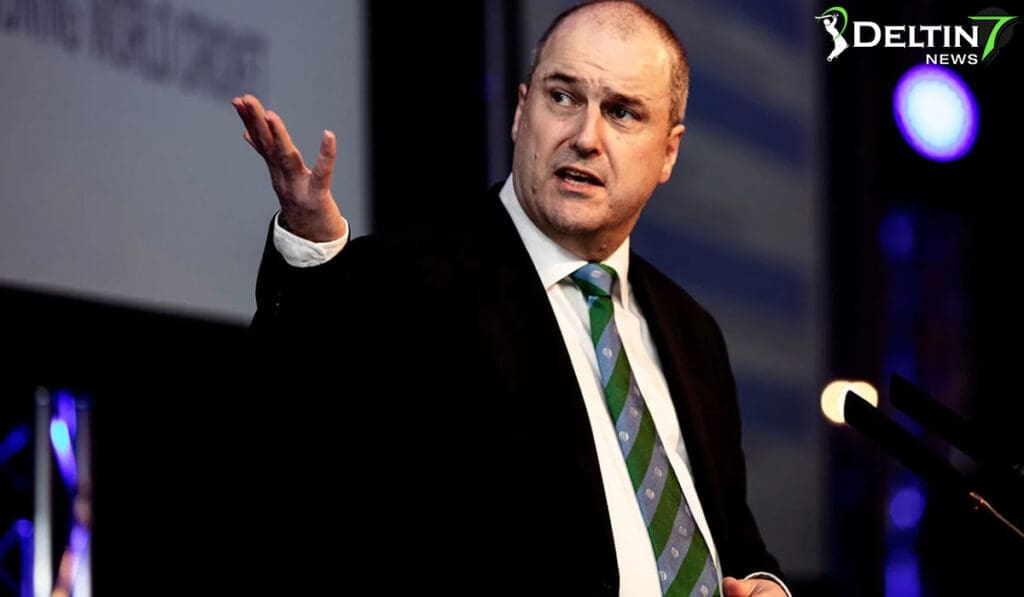
ICC CEO’s Diplomatic Mission to Sri Lanka: A Closer Look at Cricket Politics
In a bid to unravel the intricate web of cricket administration intertwined with Sri Lanka’s political landscape, ICC CEO Geoff Allardice embarked on a brief yet significant visit to the island nation. His agenda included meetings with Sri Lanka’s newly appointed sports minister, Harin Fernando, and the country’s President, Ranil Wickremesinghe. This diplomatic cricketing mission follows the ICC’s suspension of Sri Lanka Cricket’s membership and the subsequent revocation of the hosting rights for the Men’s Under-19 World Cup.
The Constructive Dialogue
A tweet from Sports Minister Harin Fernando, post-meeting, hinted at a positive turn in the discussions. The minister expressed that the rendezvous with Allardice had been a “constructive discussion,” pointing towards a potential way forward for Sri Lanka Cricket (SLC). The significance of this exchange becomes apparent when considering the tumultuous events that led to the ICC’s suspension of SLC.
Unraveling the Suspension Saga
The ICC’s decision to suspend SLC originated from concerns about government interference. On November 6, the then-sports minister, Roshan Ranasinghe, made a bold move by attempting to dismiss the entire SLC board. However, the judiciary swiftly intervened, issuing a stay order on the minister’s gazette, essentially reversing the decision the following day.
Amidst this political and administrative turmoil, the SLC officials, in a surprising turn of events, sought the suspension themselves. The move aimed to shield the cricketing body from further political interference. The ICC, responding to SLC’s plea, suspended their membership, leaving the cricketing fraternity in Sri Lanka in a state of uncertainty.
Changes on the Horizon
Fast forward to Allardice’s recent visit, and the political landscape in Sri Lanka has undergone significant changes. With the dismissal of the controversial sports minister Ranasinghe and the appointment of Harin Fernando, who appears to be more amenable to the cricketing fraternity’s interests, optimism has emerged within the SLC board. The belief internally is that SLC is on the cusp of being reinstated as a full member during the upcoming ICC board meeting scheduled for the end of March.
The Constitutional Conundrum
One of the key points of discussion during Allardice’s meeting with President Wickremesinghe revolved around potential changes to SLC’s constitution. This indicates a proactive approach by the ICC to address the underlying issues that led to the suspension. The aim is not only to reinstate SLC but also to ensure a more stable and independent cricket administration in Sri Lanka.
A Repeat Visit for a Deeper Dive
Allardice’s visit is not the first of its kind. In mid-2023, ICC deputy chair Imran Khwaja undertook a similar mission to investigate the potential intersection of Sri Lanka’s politics with cricket. Despite the visit, immediate evidence to warrant board suspension was not found. This revisit by Allardice suggests a sustained effort by the ICC to comprehend the nuanced relationship between cricket and politics in Sri Lanka.
Reporting Back to the Board
With the insights gathered from his meetings, Geoff Allardice is set to report back to the ICC’s board. The impending board meeting at the end of March is expected to delve into the matter of SLC’s membership, among other pressing issues. The decisions made during this meeting will play a pivotal role in shaping the future trajectory of cricket administration in Sri Lanka.
Final Word:
In conclusion, the diplomatic foray of ICC CEO Geoff Allardice into the heart of Sri Lanka’s cricketing and political dynamics holds promise for a resolution to the ongoing suspension saga. The optimism within the SLC board, coupled with discussions about constitutional changes, hints at a positive turn of events. As cricket fans await the outcome of the upcoming ICC board meeting, the fate of Sri Lanka Cricket hangs in the balance, with the hope that the sport can soon resume its rightful place on the international stage.

